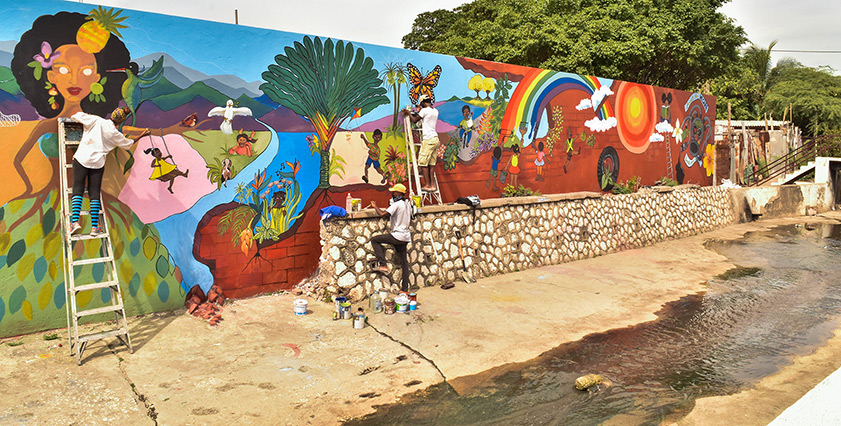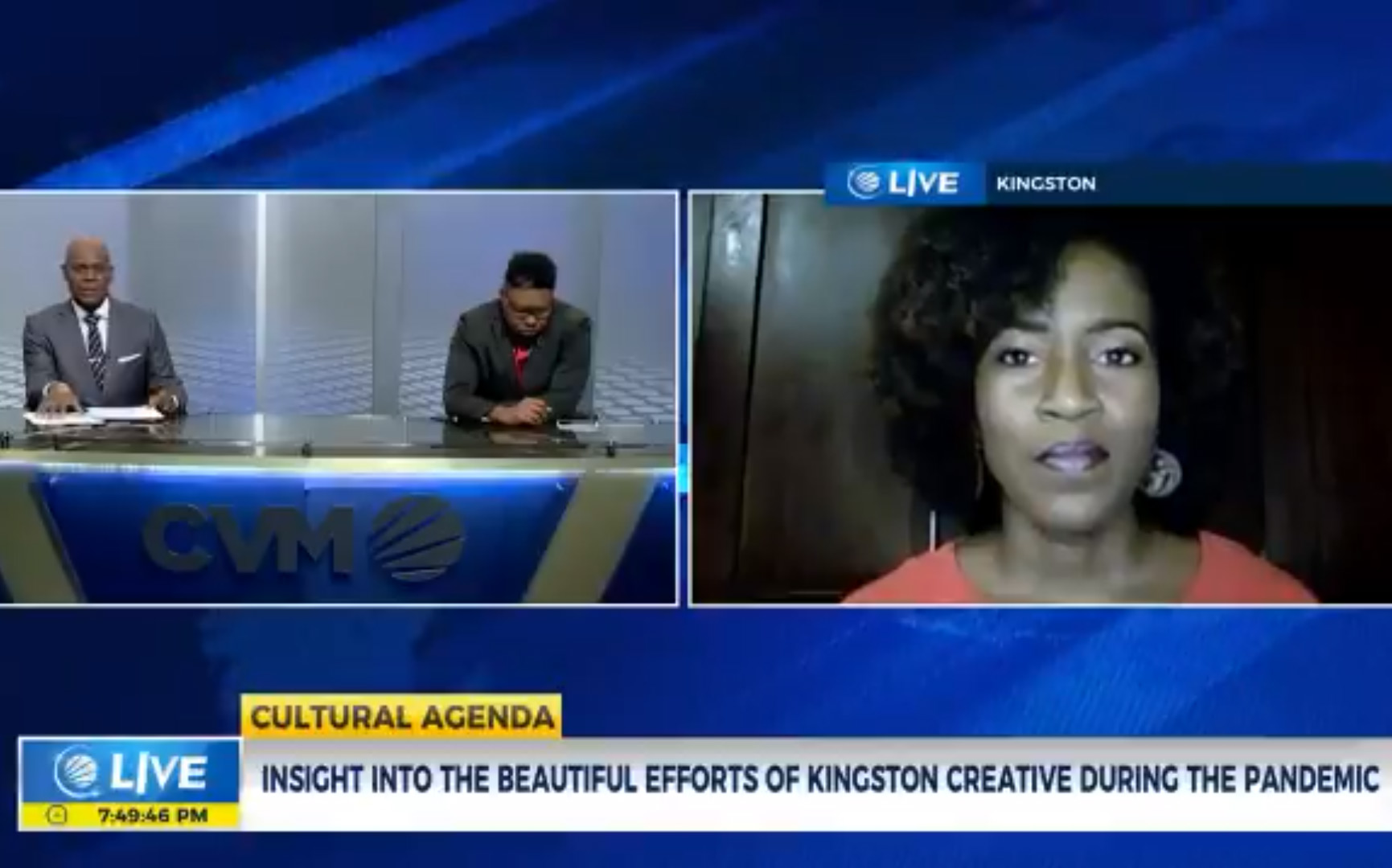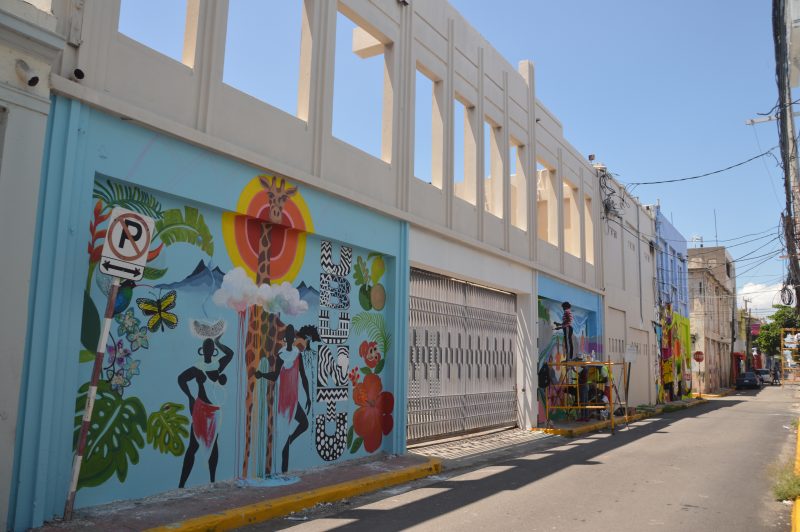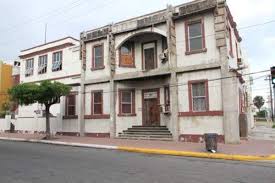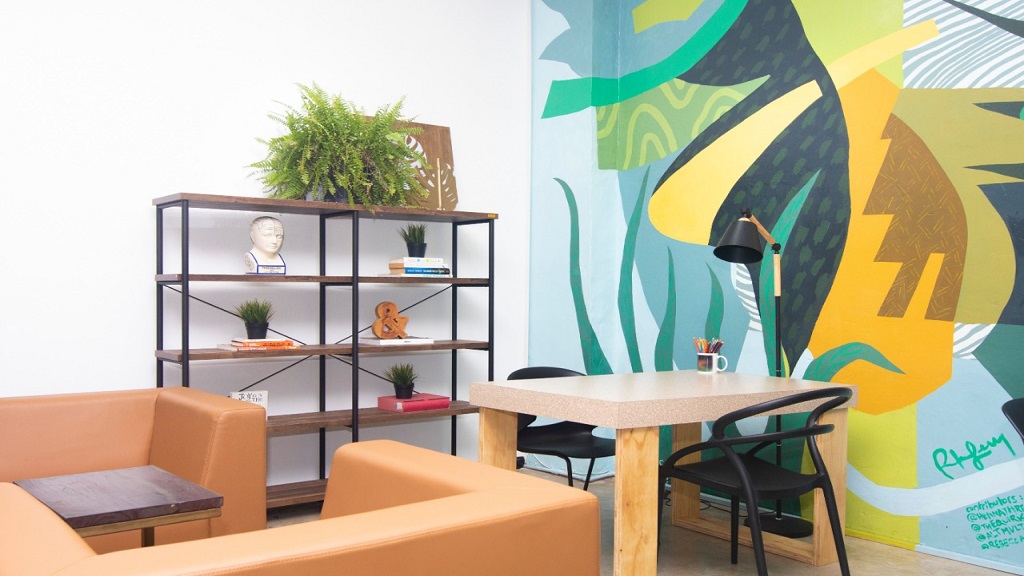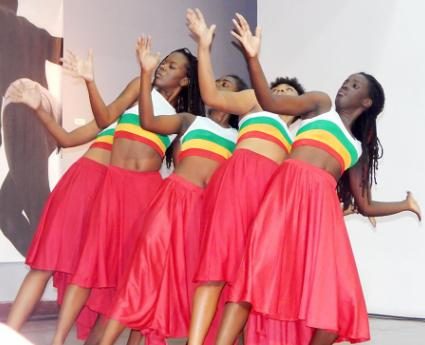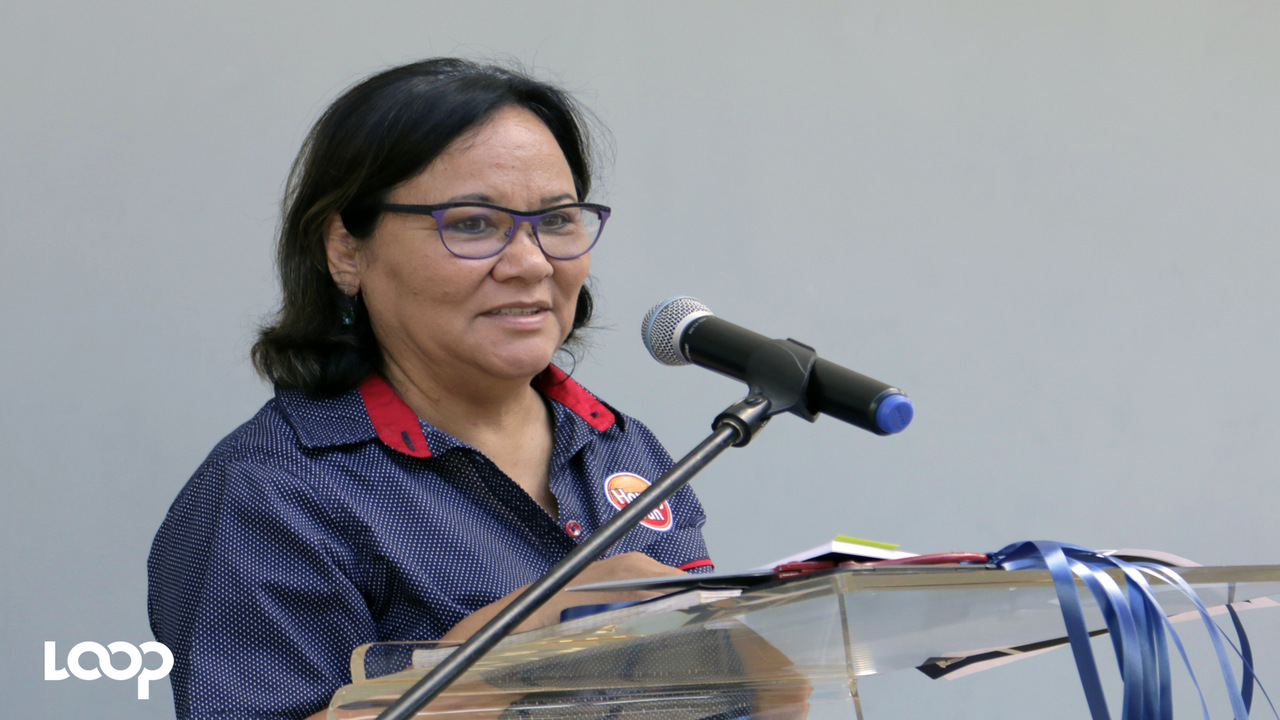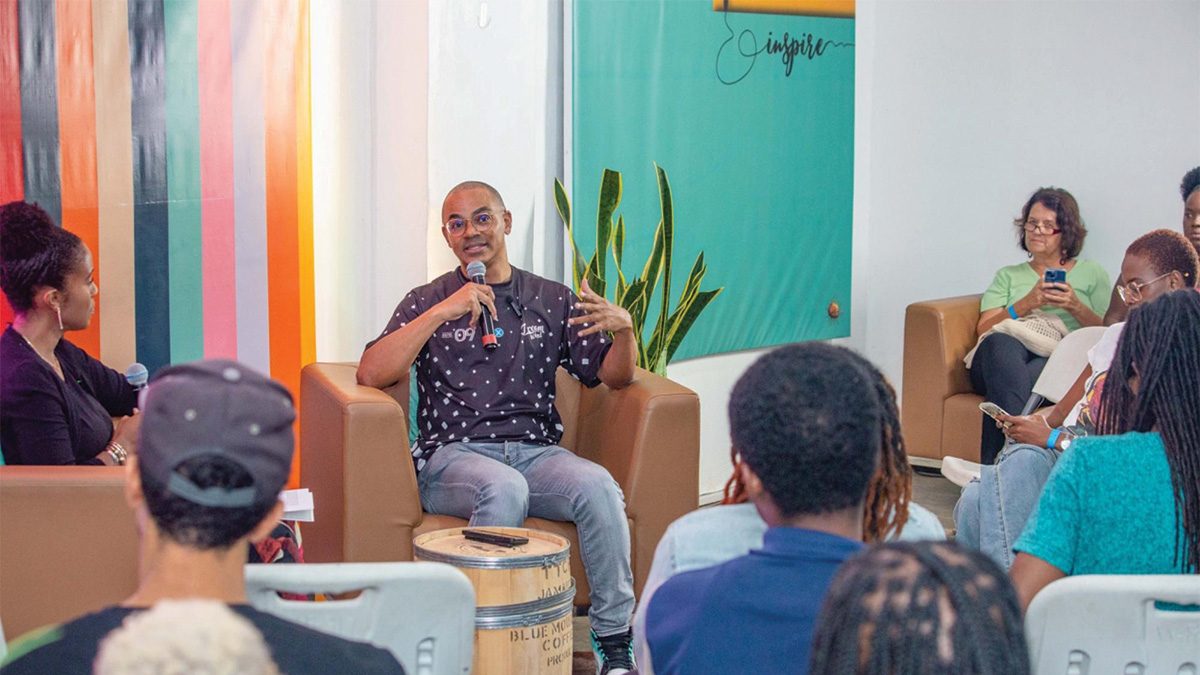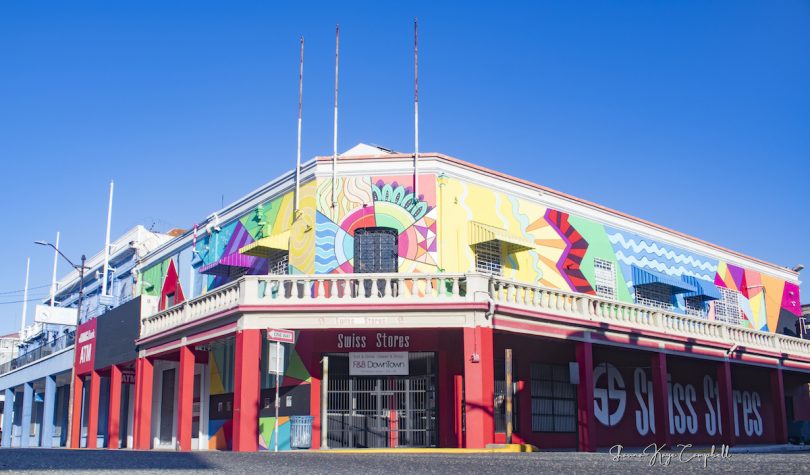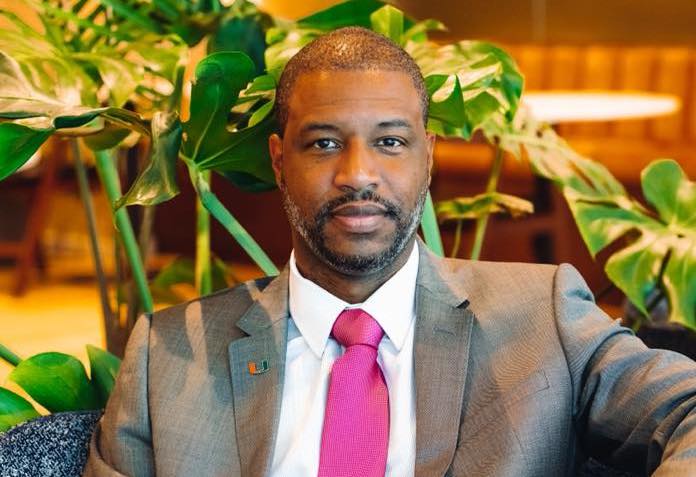Category: Press Links
Corporate Hands | Beautifying the built environment
A group of artists, led by Charl Baker, put the finishing touches on a new mural at the corner of South Camp Road and Harbour Street in downtown Kingston. GraceKennedy Foundation, in partnership with the ICD Group of Companies and Kingston Creative, commissioned the artists to paint the mural to beautify the area and raise awareness about the negative impact of pollution on the Kingston Harbour.
CVM invited Andrea Chung on The Cultural Agenda
CVM recently invited our ED, Andrea Chung to speak on The Cultural Agenda, about post-pandemic recovery of Jamaica’s Cultural and Creative sector, Kingston Creative’s new IDB Bank-funded CreaTech programme, IP protection and a new Digital skills partnership with Heart Trust/ NTA.
Downtown Kingston’s new murals brighten Jamaica’s COVID-19 gloom
On March 10, 2020, Jamaica confirmed its first case of COVID-19. Since that day, Jamaica’s economy, in common with the rest of the world, has been reeling. The creative sector, which had begun to show many “green shoots” prior to the COVID-19 outbreak, has been particularly hard hit, but it is forging ahead thanks to novel ideas, financial support and the brave spirit of entrepreneurship.
Entrepreneurs get support from IDB Lab, Kingston Creative
The creative community has received a breakthrough following on the forging of a three-year technical agreement between Kingston Creative Limited and IDB Lab, the innovation laboratory of the Inter-American Development Bank.
Honey Bun, Digicel foundations launch business diagnostic app
The Honey Bun Foundation has launched, the Gapp App, a business diagnostic tool for micro, small and medium-sized enterprises (MSMEs). The purpose of the Gapp App is to help businesses grow and become successful by giving them the ability to periodically access their operations and processes. It is available for download in Apple and Google stores.
How can AI contribute to sustainable development?
Artificial Intelligence, AI, has the potential to provide solutions to many global challenges. AI can have a significant impact on human development to accelerate capacities through technology, increase the impact of science for good through data and information management, and drive innovation for sustainable development.
Jamaica as a Festival Island: The Economic Power of Cultural Events
Jamaica’s reputation as a cultural powerhouse is undeniable, but are we fully leveraging it to drive economic growth? The Freedom Street New Year’s Eve concert made headlines, attracting 32,000 visitors and generating an estimated $30 million in revenue. It was a clear demonstration of the economic potential of large-scale entertainment events.
Globally, festivals are major economic drivers. Burning Man generates $66M USD and attracts 70,000 visitors to the Nevada desert. The Edinburgh Festival in Scotland brings in 4 million attendees, generating $504M USD. Rio Carnivalin Brazil welcomes 5 million visitors annually, contributing $760M USD to the economy. Even tiny Ibiza, with a population of 154,000, hosts over 500 events per season, making 84% of its GDP from tourism.
With our rich culture and global brand recognition, Jamaica has everything it takes to establish itself as a true Festival Island. But what will it take to get there?
At our latest Kingston Creative Meetup, we explored this topic with Scott Dunn, Group Managing Director of Dream Entertainment Ltd., the team behind Dream Weekend and Xodus Carnival. In a fireside chat with Andrea Dempster Chung, he shared insights on festival growth, industry challenges, and what’s needed to scale Jamaica’s festival economy.

Q/ How did you decide to start up the Dream Entertainment Group and what one moment has been the highlight of your career journey?
I have a lot of partners in Dream. It came out of some previous festivals happening in Negril, ATI and RTI that were attracting Jamaican college students who were home for the summer. We were competing every year, but at some point 11 of us promoters got together and said if we took the best events from ATI and the best of RTI, what would that be – “A Dream Weekend”. I’ve been in the business for 31 years, doing events. We started Dream in 2009, and 16 years later we are still going strong. The growth of our business has always come through collaboration. A highlight was doing Dream weekend in Malta, where we did 11 events in 4 days and Dream Weekend at sea for 3000 people on a cruise ship for 5 nights.
Q/You have charted a very successful local, regional and international expansion path for Dream Entertainment, how did you do it?
Partnership is critical. Our events attract 70% foreigners, we are very strong in New York, we do smaller, more niche events. Every event that we do outside of Jamaica we collaborate. We have done big festivals in Guadeloup which is French-speaking but we have local partners that handle the language barriers for us. Sometimes the cultural issues are even more challenging than language. We do a lot of manufacturing in China and we had to learn about the Lunar New year and those cultural practices and adapt our business to that.
Q/Jamaica has seen several festivals like Reggae Sumfest, Carnival in Jamaica, Rebel Salute, Calabash, grow in popularity and contribute to Jamaica’s economy – what factors contributed to their success?
There are 3 things that I would really single out. Each of those organisations have strong people at the helm that are not just creative, but who understand business, like Tony Rebel and Joe Bogdanovich and Kamal Bankay. Vision is also very important. Each of those leaders have a very clear vision of what they want to be. I think the most important thing is perseverance. Being in events space and making it through COVID-19 is no small feat. I always say that when you’re doing events at a major level it’s very different from doing it at a small level. You might not make any money, but at least you’re not losing money. At the start of COVID we had 20-odd full time staff, and 3 different places that we were paying rent. The uncertainty of it was also challenging as we did not know when it was going to end, at first we thought it would be three months, so we thought we could keep all the staff. The debt was immense and we are still coming out of it so I really give it up to the leaders who have stayed the course.
Q/In your opinion, was Vybz Kartel’s Freedom Street just a one-off event driven by built up demand for a specific artist, or is this a replicable model for Jamaica?
Good question. Well, it’s yes and no. Vybz Kartel, there is something very special about an artist that has defined dancehall culture, been imprisoned for 13 years, and is still the artist at the top of his game. He is an actual representation of global dancehall culture. But the Buju concert has had similar numbers, and so did Burna Boy, Chris Brown, Sumfest too, so it can be replicated. But for this to scale, you have to have a risk appetite. You might see 20,000 people in the stadium, but it’s very easy to lose a million US dollars on that event.
Q/Jamaica is known for our music – do you believe that we should focus exclusively on this, or should we diversify our festival offering into food, rum, cannabis, rastafari?
I always say that Dream Weekend is the largest food festival in Jamaica. It’s all inclusive food, and we have 7000 people per event times eight events, so we are serving 56,000 meals. While people think of Dream as a party festival – food is a very important part of the experience. It’s good to incorporate different parts of the culture into your festival, but unique festivals like Coffee festival, Rum Festival, Curry Festival can also succeed. Yes, the music is strong, but there are so many parts of our culture that people resonate with all over the world, for example dance. In the last few years we have worked with popular touring dancers and it’s really worked with them getting additional touring dates from the exposure. With dance, no one has really done it big yet. Most of the touring dancers hold workshops and micro-events that attract a lot of Europeans. If someone was to actually bring together a major dancehall dance festival it would be big.
Q/ How do you see Jamaica’s festival scene evolving over the next decade, and what steps do you think need to be taken, whether in policy, ecosystem, mindset, talent or infrastructure to ensure that we get there?
Firstly, I think that it is very possible for Jamaica to be that destination and that’s why we went into Dream Entertainment and why most of our partners left corporate jobs to follow this passion. When you go to South Beach or Las Vegas or Ibiza, none of these places have anything over us. Burning Man is in the desert, there is no culture there other than what they build. South Beach wasn’t really a destination until the 80’s. We actually have a head-start based on how strong our culture is.
It took trillions of USD to build Vegas, so we need more investment in the culture. Right now, we see so many other people benefitting more from our culture and making more from our culture than us. The biggest reggae festivals are not held in Jamaica. And now other countries have created their own ecosystems around the culture. You used to have to bring Jamaican artists to Japan to perform, but now they have their own artists and the big festivals in Japan or Europe might only have two or three Jamaicans on the roster.
Jamaican festivals tend to be small, with only a handful at a certain scale, so we need to invest in them. Obviously the government has a part to play, with various regulations and providing the infrastructure for festivals. We are still building out greenfields, which are high cost or, you’re in the Arena or the National Indoor Sports Centre which are not purpose-built for music.
We also need to build our talent pipeline, because we export so much of our talent. Sound engineers and lighting engineers are touring, and there are only a handful of these skills available on the island, therefore some of our big events are actually now bringing in these services from overseas. Our music is excellent, but we don’t have enough live music happening. This is Kingston, Jamaica where its a UNESCO Creative City of Music, home of ska, reggae, rocksteady, dancehall… and it’s hard to find live music in Kingston.
The Road Ahead
Jamaica has everything it needs to position itself as a global festival destination—a rich cultural heritage, world-class talent, and an undeniable global brand. But to fully capitalize on this, we need vision, investment, and leadership. The global festival economy is worth billions, and there is no reason why Jamaica shouldn’t claim a bigger share.
The time to build is now.


Jamaican David Mullings Listed Amongst Top 10 Entrepreneurs Disrupting Their Industries in 2021
Jamaican David Mullings, the founder and CEO of the private investment firm Blue Mahoe Capital Partners, Inc., has been listed as one of the top 10 entrepreneurs who are disrupting their industries in 2021 by Disrupt Magazine. The list recognizes the success of individuals who have broken out of industry routines and followed their own paths of innovation and ingenuity to change the world forever.
